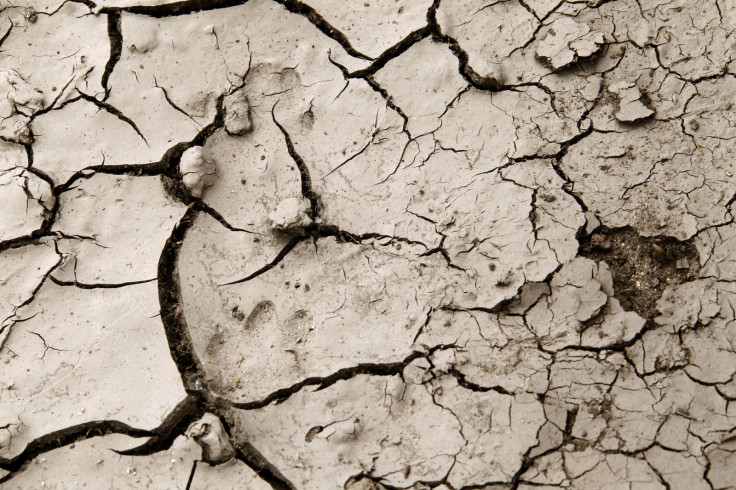Climate Change: Nations Meet in Bonn for Talks as Global Temperatures are Set to Break More Records

UN climate talks at Bonn opened with fervent appeals to build bridges between nations and find a way ahead for commitments to curb climate change.
The talks follow reports of September being the hottest month across the globe and 2014 on track to be the hottest year.
Climate chief Christiana Figueres appealed to negotiators assembled for a six-day meet to pave the way for the December ministerial-level talks in Lima which in turn will be a precursor for the 2015 Paris talks.
"Collectively, your heads of state have reassured the world that we will address climate change. Today... it is up to you to chart the path of that solution."
Figures stressed the new climate pact, due to enter into force from 2020, "must irreversibly bend the curb of emissions," which have continued rising, reports AFP.
The US National Oceanic and Atmospheric Administration (NOAA) had released a report noting that September at 15.72 degrees Celsius (60.3 degrees Fahrenheit) was the hottest month across the globe since reliable records of global average temperatures began in 1880.
"It's pretty likely" that 2014 will break the record for hottest year, NOAA climate scientist Jessica Blunden had said.
Long-standing differences over sharing curbs on greenhouse gases have split the developed and developing world on who should bear the costs and to what extent.
These cuts are meant to limit average global warming to no more than 2 degrees C over pre-industrial levels and save the planet from irreversible climate damage.
Also, many technicalities like the very legal nature of the pact and how it will be monitored and enforced have to be resolved.
The Bonn talks will give negotiators a chance to discuss a rough 22-page outline for the climate pact drawn up by working group leaders and distributed for scrutiny in July.
Greenhouse gas emissions from human activities have been on the rise, up by 30% in 30 years.
Comprising largely of carbon dioxide, methane and water vapour, these gases in the atmosphere trap heat and cause global warming.
Heat waves experienced across many parts of the world last year are predicted to become more common and widespread. These are the direct impacts of a warming world which also holds much potential to wreak havoc on food production, besides ringing in more extreme weather.
© Copyright IBTimes 2025. All rights reserved.





















